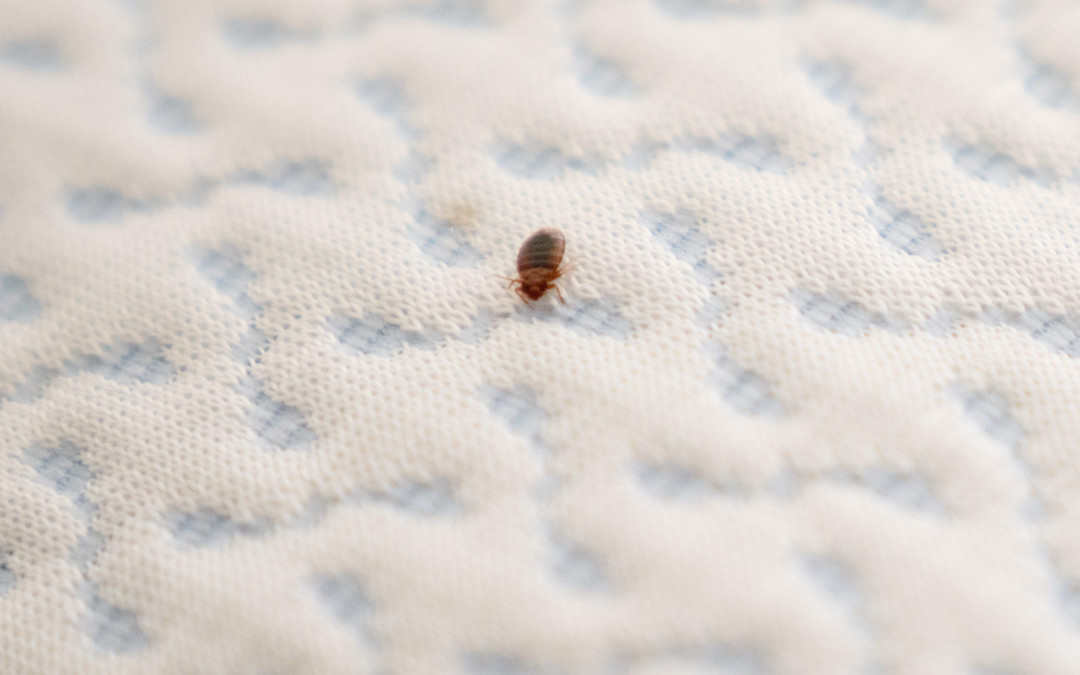Bed bugs have been a plague upon mankind for thousands of years, long before humans established the earliest civilizations. By the mid 20th century, a now outdated insecticide, DDT, proved highly effective at eradicating bed bug infestations. As a result of constant DDT applications to infested homes and buildings, bed bugs were nearly wiped out, making their pestiferous behavior a distant memory during the latter half of the last century.
Unfortunately, as everyone is certainly aware, bed bugs reemerged in the US a little more than two decades ago. Unlike pre-millenium bed bugs, the newly emerged bed bugs that continue to make lives miserable today are resistant to insecticides, but modern heat treatments combined with other pest control methods effectively eradicate even the most extensive bed bug infestations.
While heat treatments are considered the gold standard for bed bug eradication today, officials in the pest control industry are hoping to develop additional bed bug treatment methods in order to provide consumers with a variety of control options. Amazingly, academic researchers are in the early stages of developing an oral tablet that adds a component to human blood that inhibits the reproductive behavior of bed bugs.
Bed bugs are entirely reliant on human blood-meals in order to reproduce and survive. Not long ago, a group of graduate students at the University of Kentucky identified a bacteria in human blood that enables bed bugs to reproduce. In response to this finding, the graduate researchers conducted an experiment that saw bed bugs feed on the blood of two groups of people. One of the groups had been administered the common antibiotic known as tetracycline, and the other group had not taken any type of antibiotic.
Most bed bug females that consumed blood containing tetracycline became incapable of laying eggs, and the few eggs that were produced never hatched. As predicted, the antibiotic killed the blood-bacteria that bed bugs rely on for reproducing, indicating that bed bug infestations could be eliminated by administering an antibiotic to their human hosts.
Would you be willing to take an antibiotic to rid your home of bed bug pests?

